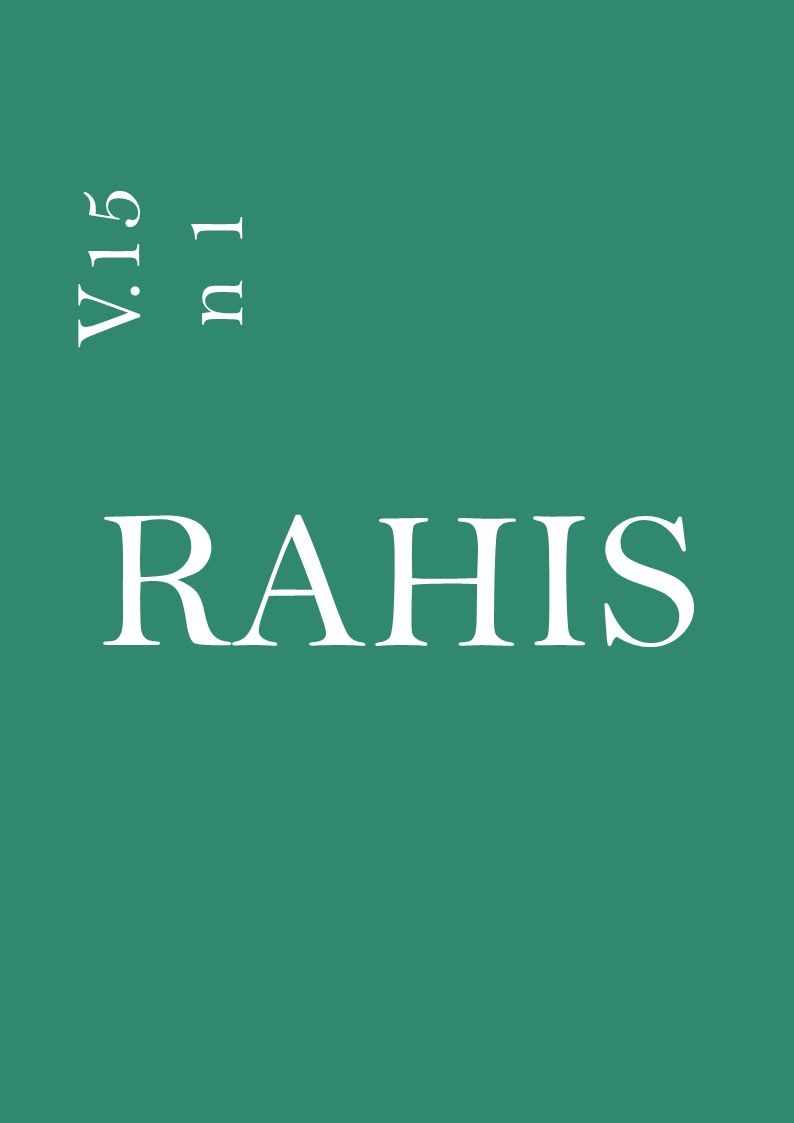Vol. 15 No. 1 (2018), Artigos
RELATIONS BETWEEN ACTUAL AND DESIRED CULTURE ON HEALTH ORGANIZATIONS: A COMPETING VALUES FRAMEWORK DIMENSION’S APPROACH
Artigos
Publié-e
2018-06-11
- Jersone Tasso Moreira Silva+−
- Juliana Machado do Couto e Melo+−
- Tânia Couto Machado Chianca+−
- Alexandre Teixeira Dias+−

Jersone Tasso Moreira Silva
Programa de Doutorado e Mestrado em Administração
Universidade FUMEC
Juliana Machado do Couto e Melo
Programa de Doutorado e Mestrado em Administração
Universidade FUMEC
Tânia Couto Machado Chianca
Escola de Enfermagem
Universidade Federal de Minas Gerais
Alexandre Teixeira Dias
Programa de Doutorado e Mestrado em Administração
Universidade FUMEC
